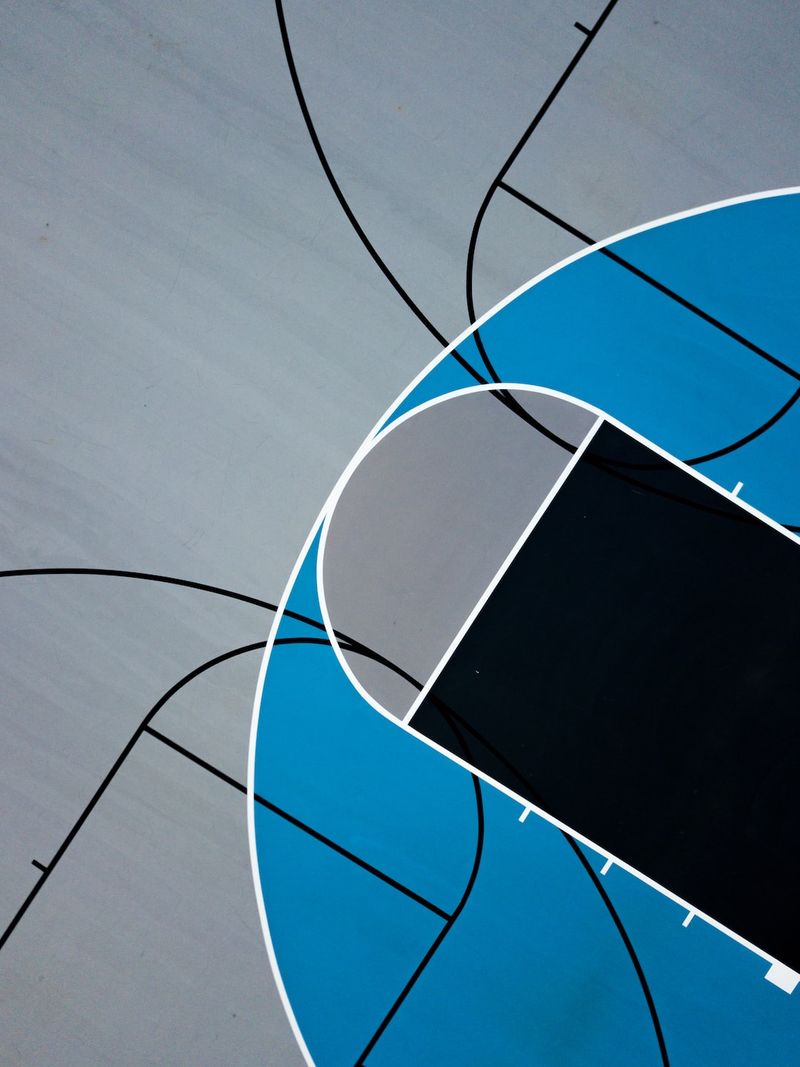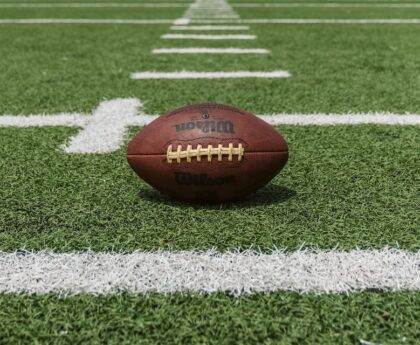Rebounding Woes: A Concern for Team USA as They Enter Knockout Stages of FIBA World Cup
The performance of Team USA in the second round of the FIBA World Cup has raised concerns about their ability to secure rebounds, and this has become a major area of concern as they head into the knockout stages of the tournament. Despite their dominant run in the group stage, where they boasted an average margin of victory of 36.3 points, Team USA struggled in their recent matches against Montenegro and Lithuania. In both games, they were out-rebounded, particularly on the defensive end.
A Costly Common Denominator: The Ineffectiveness of Jaren Jackson Jr.
A striking statistic that stands out is the minimal contribution of starting center Jaren Jackson Jr., the reigning NBA Defensive Player of the Year, who has only pulled down one rebound in the two second-round games. While the team’s rebounding struggles cannot be solely attributed to Jackson, his performance as the team’s starting five-man raises concerns about his effectiveness in this role.
Looking at the numbers from the games against Montenegro and Lithuania, it becomes evident that the Americans were dominated on the glass:
vs. Montenegro
- Offensive Rebounds: USA – 8, Montenegro – 23
- Total Rebounds: USA – 31, Montenegro – 49
- Second-chance points: USA – 8, Montenegro – 22
vs. Lithuania
- Offensive Rebounds: USA – 9, Lithuania – 18
- Total Rebounds: USA – 27, Lithuania – 43
- Second-chance points: USA – 2, Lithuania – 17
Roster Building Limitations: A Size Disadvantage
One factor contributing to Team USA’s rebounding struggles is the roster composition. With Jackson being better suited as a power forward, the team lacks true big men. The only other players fulfilling the role of bigs are Bobby Portis, who is also a power forward, and Walker Kessler, the second-youngest player on the roster. As a result, Team USA often finds themselves at a size disadvantage, particularly against European teams that prioritize traditional frontcourts.
An example from the Montenegro game illustrates this disadvantage. Nikola Vucevic, Montenegro’s center, was able to secure offensive rebounds when Jackson was forced away from the rim, leaving smaller players to defend against Vucevic. The outcome was predictable given the size mismatch.
In addition to the size disadvantage, there have been instances in which Team USA has been outworked on the glass. In a crucial play at the end of the third quarter against Lithuania, all five American players were present in the paint but were unable to secure the loose ball, allowing Mindaugas Kuzminskas to score a crucial basket at the buzzer.
Rebounding as a Key to Success
Team USA’s small-ball approach has proven advantageous in many areas of the game. However, in order to claim victory in this tournament, they must address their rebounding deficiencies. This responsibility begins with Jaren Jackson Jr., who needs to set the tone as the starting center, despite not being known for his rebounding prowess.
Furthermore, when Jackson is not in a position to grab rebounds, either due to guarding perimeter players or challenging shots, the rest of the team must step up to fill the gap. Plays like the Kuzminskas basket should not occur.
One possible solution could be to provide Bobby Portis or Walker Kessler with more extended minutes. Based on their performance during the 2022-23 NBA season, they are statistically the best rebounders on the team, yet they rank 10th and 12th in minutes played, respectively. While Coach Steve Kerr’s preferred playing style warrants their limited minutes, if Team USA continues to struggle with rebounding, a personnel change may be necessary. Portis, in particular, brings experience in big games, the ability to stretch the floor, and unmatched effort.
The Quarterfinal Challenge against Italy
Team USA’s first opportunity to address their rebounding issues comes in their quarterfinal match against Italy. The Italians, known for their gritty play, enter the game as the second-best rebounding team remaining in the tournament, averaging 11.4 offensive rebounds per game. While Team USA holds a talent advantage over their opponents, history has shown that talent alone cannot guarantee success in international tournaments. In shorter games on smaller courts, against experienced and battle-tested opponents, attention to detail becomes vital. And rebounding, often regarded as a little thing, takes on immense importance in such scenarios.
Conclusion: The Need for Improvement
As Team USA navigates the knockout stages of the FIBA World Cup, their rebounding concerns must be addressed to optimize their chances of securing the gold medal. The team’s approach to roster building and their commitment to the small-ball strategy have contributed to their struggles on the glass. While Jaren Jackson Jr. needs to step up as the starting center, the entire team must elevate their effort to secure rebounds and prevent opponents from gaining extra possessions. Consideration should also be given to providing Bobby Portis and Walker Kessler with more playing time if rebounding problems persist. The quarterfinal match against Italy will serve as a crucial test for Team USA’s ability to rectify their rebounding woes and advance deeper into the tournament.

<< photo by Martin Sanchez >>
The image is for illustrative purposes only and does not depict the actual situation.
You might want to read !
- The Battle for Supremacy: Inter Miami vs. LAFC – A Clash of MLS Titans
- “2023 MLS Showdown: Inter Miami vs. LAFC – Analyzing the Odds and Predictions”
- “Can Lionel Messi Lead Inter Miami to Victory Against LAFC? A Look at the Odds and Sept. 3 MLS Picks”
- Team USA vs Lithuania: Lithuania’s Fiery Start Stuns the Americans, Handing Them an Unexpected Defeat
- Unexpected Upset: Lithuania Shakes Up FIBA World Cup as U.S. Moves Forward
- Opinion: Wyoming’s Surprise Win Over Texas Tech Sends Shockwaves
- “Team USA Takes Commanding Lead in Morning Foursomes, Closing In on Victory”
- Browns Struggle Against Commanders: Preseason Setback Calls for Improved Performance




